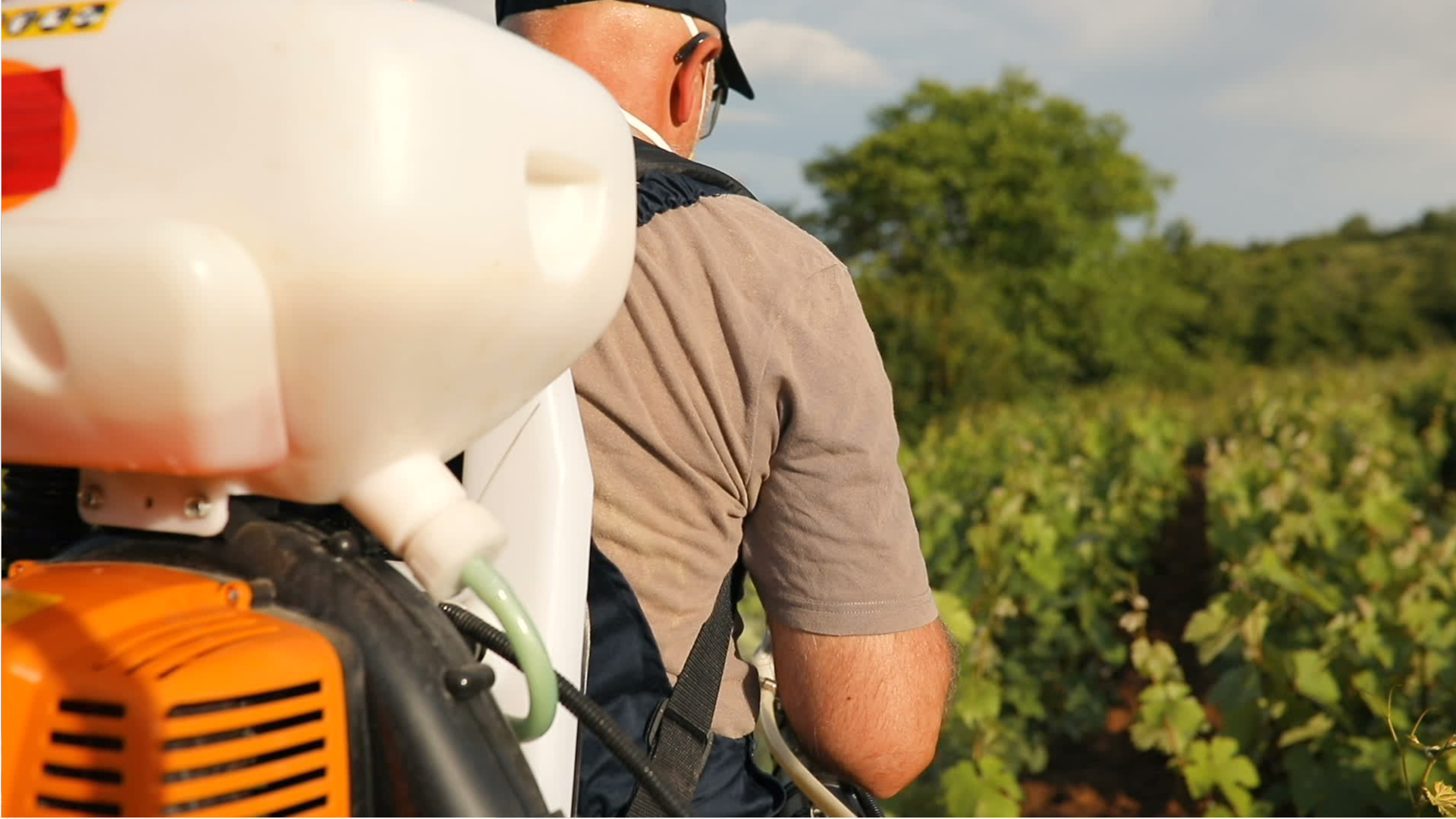Pesticide Handlers, Sprayers, & Applicators, Vegetation
Lawn Specialist, Lawn Technician, Licensed Pesticide Applicator, Spray Technician
What they do:
Mix or apply pesticides, herbicides, fungicides, or insecticides through sprays, dusts, vapors, soil incorporation, or chemical application on trees, shrubs, lawns, or crops. Usually requires specific training and state or federal certification.
On the job, you would:
- Mix pesticides, herbicides, or fungicides for application to trees, shrubs, lawns, or botanical crops.
- Fill sprayer tanks with water and chemicals, according to formulas.
- Lift, push, and swing nozzles, hoses, and tubes to direct spray over designated areas.
Knowledge
Business
- customer service
- management
Math and Science
- biology
- arithmetic, algebra, geometry, calculus, or statistics
Manufactured or Agricultural Goods
- manufacture and distribution of products
Arts and Humanities
- English language
Skills
Basic Skills
- listening to others, not interrupting, and asking good questions
- talking to others
Problem Solving
- noticing a problem and figuring out the best way to solve it
Abilities
Hand and Finger Use
- keep your arm or hand steady
- hold or move items with your hands
Verbal
- listen and understand what people say
- communicate by speaking
Personality
People interested in this work like activities that include practical, hands-on problems and solutions.
They do well at jobs that need:
- Cautiousness
- Attention to Detail
- Dependability
- Integrity
- Stress Tolerance
- Perseverance
Technology
You might use software like this on the job:
Spreadsheet software
- Microsoft Excel
Analytical or scientific software
- Rate calculation software
- Unit conversion software
Geographic information system
- Geographic information system GIS systems
Education
Education: (rated 2 of 5)
high school diploma/GED or
certificate after high school
usually needed
certificate after high school
usually needed
Job Outlook
Average
New job opportunities are likely in the future.
Explore More
- Agricultural Equipment Operators
- Cleaners of Vehicles & Equipment
- Landscaping & Groundskeeping Workers
- Pest Control Workers
- Water & Wastewater Treatment Plant & System Operators
You might like a career in one of these industries:
See more details at O*NET OnLine about Pesticide Handlers, Sprayers, & Applicators, Vegetation.





